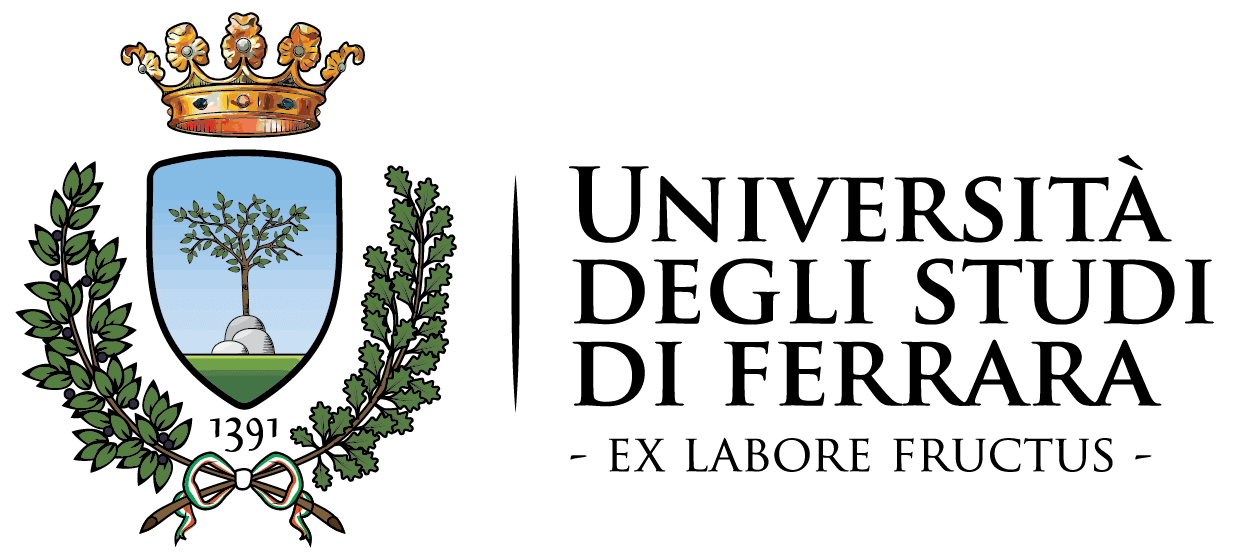Schedule and Abstracts
Th: 14:00 - Homological projective duality for the Segre cubic
Pieter Belmans
|
The Segre cubic and Castelnuovo-Richmond quartic are two projectively dual hypersurfaces in P^4, with a long and rich history starting in the 19th century. We will explain how Kuznetsov's theory of homological projective duality lifts this projective duality to a relationship between the derived category of a small resolution of the Segre cubic and a small resolution of the Coble fourfold, the double cover of P^4 ramified along the Castelnuovo-Richmond quartic. Homological projective duality then provides a description of the derived categories of linear sections, which we will describe to illustrate the theory. The case of the Segre cubic and Coble fourfold is non-trivial enough to exhibit interesting behavior, whilst being easy enough to explain the general machinery in this special and very classical case. This is joint work with Thorsten Beckmann.
|
15:00 - Coffee Break
Th: 15:30 - Lagrangian fibrations on hyper-Kähler fourfolds
Emanuele Macrì
|
I will present joint work with Olivier Debarre, Daniel Huybrechts and Claire Voisin on the SYZ hyper-Kähler conjecture for fourfolds under certain topological assumptions.
As application, this proves a conjecture by O'Grady that a hyper-Kähler fourfold whose cohomology ring is isomorphic to the one of the Hilbert square of a K3 surface is a deformation of a Hilbert square.
|
Th: 17:00 - Hyperkähler varieties as Brill-Noether loci on curves
Soheyla Feyzbakhsh
|
Abstract. Consider the moduli space MC(r; KC) of stable rank r vector bundles on a curve C with canonical determinant, and let h be the maximum number of linearly independent global sections of these bundles. If C embeds in a K3 surface X as a generator of Pic(X) and the genus of C is sufficiently high, I will show the Brill-Noether locus BNC ⊂ MC(r; KC) of bundles with h global sections is a smooth projective Hyperkähler manifold, isomorphic to a moduli space of stable vector bundles on X. The main technique is to apply wall-crossing with respect to Bridgeland stability conditions on K3 surfaces.
|
Fr: 9:00 - Nonexistence of semi-orthogonal decompositions of derived categories
Federico Caucci
|
Semi-orthogonal decomposition (SOD) of triangulated categories is a central concept introduced
by Bondal and Orlov some years ago. Due to its conjectural relation with the minimal model program, it is
natural to try to understand which derived categories of varieties do not admit
non-trivial SODs. During the talk, I will show how a relative point of view involving the Albanese map could shed
new light on this non-trivial problem.
|
10:00 - Coffee Break
Fr: 10:30 - Derived invariants of irregular varieties
Giuseppe Pareschi
|
I will talk about various derived invariants of smooth complex projective varieties governed by the Albanese map, including the relative canonical ring. I will also show some applications to the derived invariance of Hodge numbers. This is a joint work with Federico Caucci and Luigi Lombardi.
|
Fr: 11:30 - Simple K-equivalence and derived categories
Marco Rampazzo
|
A simple K-equivalence is a birational morphism which is resolved by two smooth blowups, generalizing standard flops and Mukai flops. By the DK-conjecture of Bondal, Orlov and Kawamata, the existence of such map is expected to lead to a derived equivalence.
Kanemitsu gives a partial classification of simple K-equivalences, by reducing their study to special Fano manifolds admitting two projective bundle structures, called roofs: these objects are widely studied because of their connection with the phenomenon of “double mirrors”, i.e. pairs of non isomorphic but derived equivalent Calabi—Yau varieties. I will discuss the relation between roofs, double mirrors and simple K-equivalence at the level of derived categories, verifying the conjecture in several classes of examples.
|
|
Registered Participants
Pieter Belmans (University of Luxembourg)
Valentin Boboc (University of Manchester)
Chiara Camere (Università degli Studi di Milano)
Cinzia Casagrande (Università di Torino)
Federico Caucci (Università degli Studi di Milano)
Elisabetta Colombo (Universita' di Milano)
Yajnaseni Dutta (University of Bonn)
Dino Festi (Università degli Studi di Milano)
Luisa Fiorot (Università degli Studi di Padova)
Soheyla Feyzbakhsh (Imperial College London)
Paola Frediani (Universita' di Pavia)
Annalisa Grossi (TU Chemnitz)
Andreas Hochenegger (Politecnico di Milano)
Felix Kueng (Université libre de Bruxelles)
Wayne Ng Kwing King (University of Kansas)
Dion Leijnse (Universiteit van Amsterdam)
Luigi Lombardi (Università degli Studi di Milano)
Emanuele Macrì (Université Paris-Saclay)
Stefano Mammola (Università di Pavia)
Alex Massarenti (Università degli Studi di Ferrara)
Giovanni Mongardi (Università di Bologna)
Giuseppe Pareschi (Università di Roma “Tor Vergata”)
Alessandro Passantino (University of Milano-Bicocca)
Laura Pertusi (Università degli studi di Milano)
Andrea Petracci (Università di Bologna)
Dmitrii Rachenkov (SISSA)
Marco Rampazzo (Università di Bologna)
Enea Riva (Università degli studi Milano Bicocca)
Michele Rossi (Università di Torino)
Isatou Sarr (MRCG@LSHTM)
Justin Sawon (University of North Carolina)
Dhruv Sidana (Indian Institute of Science Education and Research, Kolkata)
Paolo Stellari (Università degli Studi di Milano)
Lidia Stoppino (Università di Pavia )
Luca Tasin (Università degli Studi di Milano)
Angel Toledo (Université Cote d'Azur)
Stefano Urbinati (Università degli studi di Udine)
Bert van Geemen (University of Milano)
Weisheng Wang (ETHZ)
Cong Wen (Boston University)
Yushu Zhu (University of Glasgow)
|
|
|



